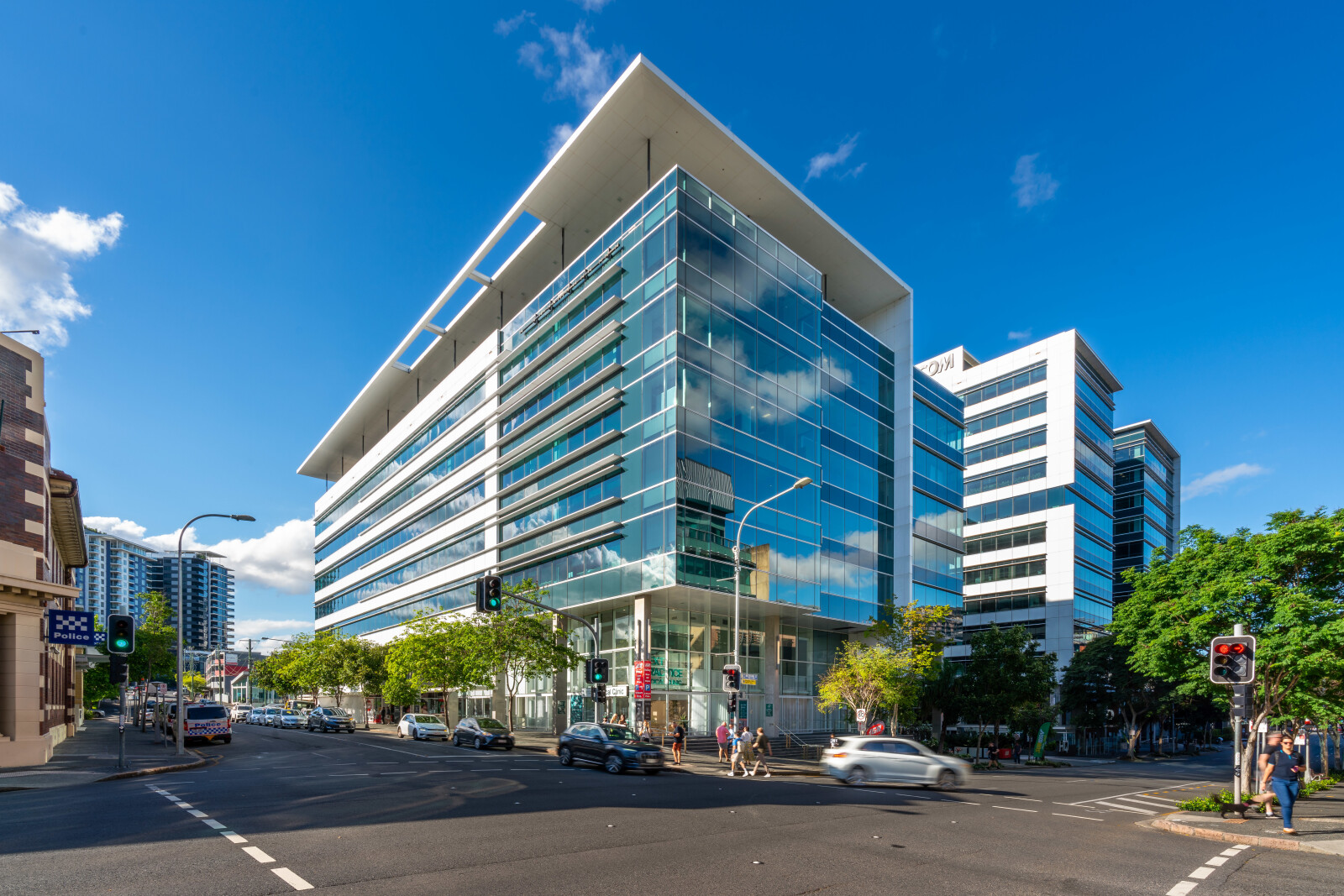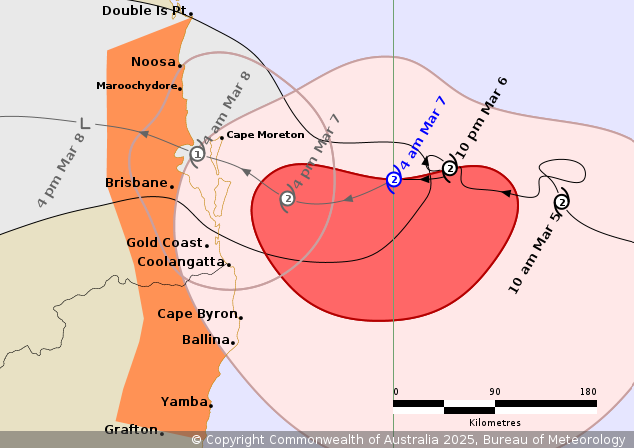
Qld Property Due Diligence – Commercial Convey
If you’re involved in a commercial property transaction in QLD, it’s essential to perform due diligence before finalising the deal. Due diligence is the process of conducting a thorough investigation of the property to identify any potential issues that could affect the transaction or the property’s value. In this article, we’ll discuss the importance of QLD property due diligence in commercial conveyancing, the legal requirements for due diligence, and what you need to do to ensure compliance.
The Importance of QLD Property Due Diligence in Commercial Conveyancing:
Performing due diligence is crucial in commercial property transactions, as it helps to identify any potential issues with the property or transaction that could affect your investment. Failing to perform due diligence can lead to costly legal battles, disputes, and even loss of investment.
Some of the main reasons why due diligence is so important in commercial conveyancing include:
1. Identifying potential legal issues: By conducting due diligence, you can identify any potential legal issues that could arise in the future, such as zoning violations, easements, or other restrictions that could affect the use of the property.
2. Assessing the property’s value: Due diligence can help you assess the true value of the property by identifying any defects or issues that could affect its market value.
3. Understanding the risks involved: Due diligence helps you understand the risks involved in the transaction, such as environmental hazards, title defects, or other issues that could impact the property’s value.
Legal Requirements for Due Diligence in Commercial Conveyancing:
To comply with legal requirements, certain due diligence checks are mandatory in QLD commercial conveyancing. These include:
1. Title Searches: A title search is a crucial part of due diligence and involves verifying the property’s ownership and any encumbrances, such as mortgages or liens.
2. Survey: A survey is an essential part of due diligence, as it can identify any physical or boundary issues with the property.
3. Planning Searches: Planning searches help identify any planning restrictions or zoning regulations that could impact the property’s use.
4. Environmental Searches: Environmental searches help identify any environmental hazards or contamination issues that could impact the property’s value or use.
5. Building and Pest Inspections: Building and pest inspections are mandatory in QLD and help identify any structural or pest-related issues with the property.
6. Lease Reviews: If the property is leased, a lease review is essential to identify any issues with the lease agreement that could impact the transaction.
These searches are not included in the Conveyancer or Lawyers legal fee and are charged as a disbursement. The cost of the searches are dependent on the Council and State in which the property or business is located in.
All States and Territories of Australia have different associated costs.
What You Need to Do to Ensure Compliance:
To ensure compliance with legal requirements, it’s essential to engage the services of a qualified and experienced conveyancer or solicitor who can guide you through the due diligence process. Some steps you can take to ensure compliance include:
1. Engage a qualified professional: A conveyancer or solicitor can help you understand the legal requirements for due diligence and ensure compliance before a contract of Sale or lease is drafted.
2. Conduct thorough due diligence: It’s essential to conduct thorough due diligence to identify any potential issues that could impact the transaction or the property’s value.
3. Address any issues: If any issues are identified during due diligence, it’s essential to address them before finalizing the transaction.
4. Document everything: It’s crucial to document all due diligence checks and any issues identified, as this can provide protection in the event of any disputes or legal issues.
FAQs:
Q: What is due diligence in Commercial Conveyancing?
A: Due diligence is the process of conducting a thorough investigation of a property to identify any potential issues or risks that may affect the property’s value or your investment. This includes conducting searches, surveys, and other checks to ensure that the property is compliant with regulations and has no hidden problems.
Q: Why is due diligence important in commercial conveyancing?
A: Due diligence is essential in commercial conveyancing because it helps to protect your investment and ensure that you’re making an informed decision about the property. By conducting a thorough investigation, you can identify any potential issues or risks that may affect the property’s value or your ability to use the property in the way you intend.
Q: What legal requirements are involved in due diligence for commercial conveyancing?
A: The legal requirements for due diligence in commercial conveyancing can vary depending on the jurisdiction and the type of property being purchased. Generally, due diligence involves conducting searches and surveys to identify any potential issues or risks, as well as ensuring that the property is compliant with regulations and zoning laws.
Q: What are some common issues that may be identified during due diligence?
A: Some common issues that may be identified during due diligence include environmental concerns(including contaminated land), zoning and land use issues, title defects, encumbrances, and/or structural defects. By identifying these issues early on, you can make an informed decision about whether or not to proceed with the purchase and negotiate any necessary repairs or adjustments to the purchase price.
Q: What should I do if issues are identified during due diligence?
A: If issues are identified during due diligence, you should work with your legal and financial advisors to determine the best course of action. Depending on the severity of the issues, you may need to negotiate repairs or adjustments to the purchase price, or you may need to walk away from the purchase altogether. It’s important to have a plan in place before beginning due diligence to ensure that you’re prepared for any potential issues that may arise.
Q: How long does due diligence typically take?
A: The length of time required for due diligence can vary depending on the complexity of the property and the scope of the investigation. Generally, due diligence can take anywhere from a few weeks to several months. It’s important to allow enough time for due diligence to be completed thoroughly to ensure that you’re making an informed decision about the property.
Q: Can the Real Estate Agent conduct the due diligence?
A: While a real estate agent may be knowledgeable about properties and the buying process, it’s not typically within their scope of work to conduct due diligence. This is because due diligence involves legal and financial investigations that require specific expertise, knowledge and training. It’s important to work with legal and financial advisors to ensure that due diligence is conducted properly and in compliance with regulations. Real estate agents can assist with the process by providing information and access to the property, but the ultimate responsibility for conducting due diligence lies with the buyer. Parties should always make their own due diligence enquiries to ensure a complete and unbiased picture of the land/business is seen before investigating in same.
In conclusion, the importance of QLD property due diligence in commercial conveyancing cannot be overstated. Conducting a thorough investigation of a property is essential to protect your investment and ensure that you’re making an informed decision about the property. By identifying potential issues or risks early on, you can negotiate repairs or adjustments to the purchase price, or walk away from the purchase altogether if necessary. It’s important to work with legal and financial professional to ensure that you’re compliant with regulations and have a plan in place for any potential issues that may arise. Remember, due diligence is an essential part of the commercial conveyancing process and should never be overlooked. By investing the time and resources into due diligence, you can protect your investment and make a confident decision about the property.
This is general advice only, for specific advice regarding your specific matter, contact a legal representative.




